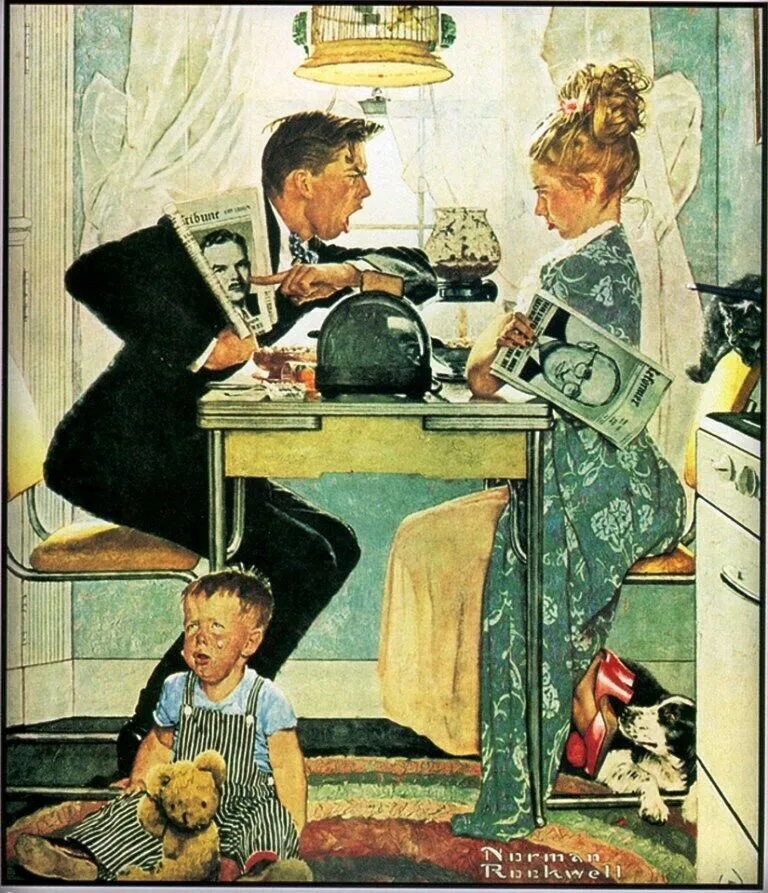Addressing the noise problem in America's fastest-growing sport
2023
Summary
Pickleball is louder than expected, with racket-ball collisions reaching around 70 dBA, surpassing the noise level of a typical tennis match. The average noise level during pickleball games is approximately 59 dBA, accompanied by a high-pitched frequency of 1.2k Hz. Unetich humorously dubs this frequency "the most annoying of all frequencies."
Unetich's quest started in Florida when the noise from growing pickleball games disrupted his retirement plans. He experimented with absorbent fiberglass material to reduce the echoes of pwocks, which attracted the attention of other communities seeking noise reduction.
Recognizing the demand, Unetich founded Pickleball Sound Mitigation LLC, collaborating with acoustical engineers Barry Wyerman and Dale Van Scoyk. Together, they provide sound reports and propose noise standards for pickleball, gaining recognition from players and residents alike.
Unetich advises maintaining average sound levels emitted from courts to nearby homes at 50 dBA or lower. Suburban areas generally tolerate this level, while in noisier city settings, a 3 dBA limit above background noise is suggested. Achieving these targets involves careful planning, considering court placement and sound barriers.
Unetich also examines equipment noise, finding that softer plastic balls and thicker, softer-faced paddles significantly reduce sound levels. He aims to incentivize manufacturers to produce quieter equipment by collaborating with USA Pickleball to establish noise standards for recreational players.
As pickleball's popularity expands globally, Unetich raises concerns about noise issues in densely populated areas. He envisions a harmonious future, where pickleball brings enjoyment without disturbing neighborhoods.
Unetich's unwavering determination to bring tranquility to pickleball courts nationwide fuels the ongoing efforts to silence the pwock. With the anticipation of quieter equipment, we hope that pickleball's sound will become a source of joy for all, bridging the gap between players and neighbors.
